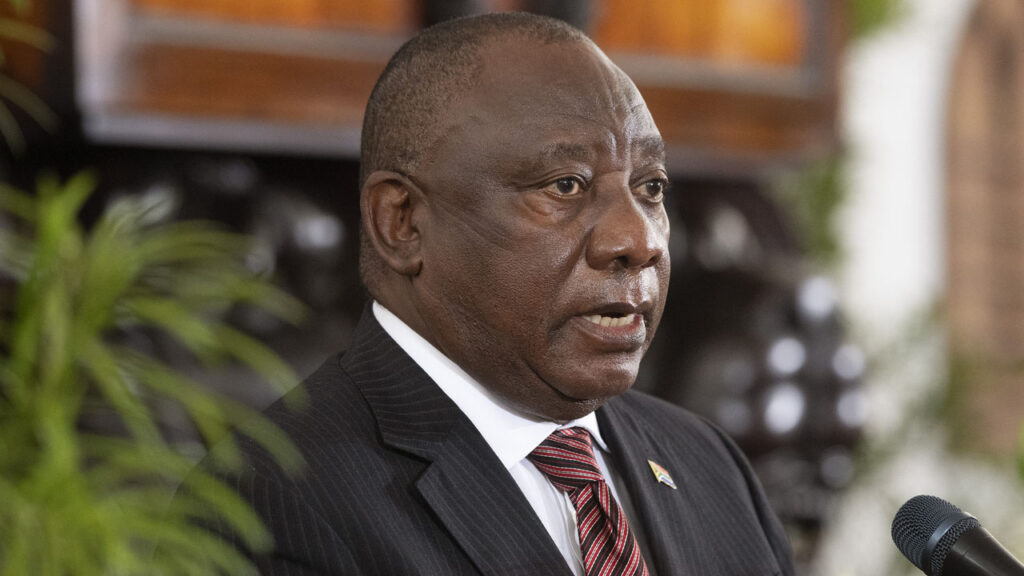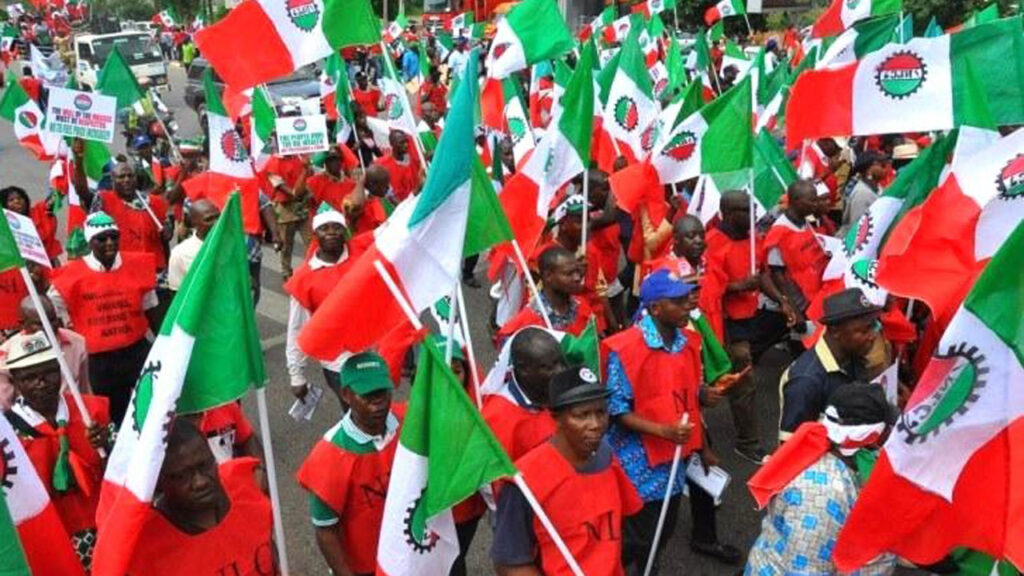The call by the Association of Local Government of Nigeria (ALGON), for a constitutionally guaranteed four-year tenure for elected council officials could introduce some measure of stability in local government administration in the country, far better than the current system whereby respective state governments conduct affairs of councils at their whims and refuse to hold free and fair regular elections. One implication of this is that many local government areas are poorly governed and unable to act as the base of development envisaged in a federation. They have little to show for the resources they share from the Federation Account and the ones they’re constitutionally empowered to generate.
Hopefully, constitutionally prescribed tenure for councils, the same way it has been for elected officials at state and national levels could drastically reduce the tension and confusion that characterise elections in local governments across the country, an example of which is the ongoing tenure unrest in the 23 local government areas of Rivers State.
The National President of ALGON, Aminu Muazu-Maifata, who is the chairman of Lafai Local Government Area of Nasarawa State, lamented that the tenure of local government officials in some states is two or three years, a term he claimed is inadequate for delivery of good governance.
Far more consequential than the number of years councils’ officials are elected to serve is the need for a guaranteed term limit. Whether it is two years or four, let it be certain that those elected shall remain in office for a particular period, for clarity of purpose and regime stability.
Notably, the absence of a constitutionally binding term is exploited by governors to disrupt elected local governments that did not meet their taste because council elections in the country are hardly free and fair. The ruling party in the state must always win. When a new governor comes on board, his first port of call is to constitute a caretaker committee to enable him to appoint his own men into office.
The 1999 Constitution at Section 7 (1) provides that “the system of local government by democratically elected local government councils under this Constitution is guaranteed; and accordingly, the government of every state shall subject to Section 8 of this Constitution, ensure their existence under a law which provides for the establishment, structure, composition, finance and functions of such councils.”
However, reports have it that many states do not have elected local government chairmen and councillors. They run their local governments with caretaker committees. The Supreme Court has ruled in at least two instances that governors cannot replace elected local government administration with appointed officials. The Supreme Court also ruled that local government areas that are not administered by elected officials do not deserve their allocations from the Federation Account.
The Attorney General of the Federation (AGF) and Minister of Justice, Lateef Fagbemi, SAN, has gone to the Supreme Court on behalf of the Federal Government, to sue the 36 states over the manner governors are administering local government funds. In the suit marked SC/CV/343/2024, the AGF prayed the court for an order prohibiting state governors from unilateral, arbitrary, and unlawful dissolution of democratically elected government executives. The AGF has sought an order of the court stopping governors from constituting committees to run the affairs of local governments as against the constitutionally recognised and guaranteed democratic system.
While that process is on, it is instructive that since 1999, governors seem to exploit the absence of a clear-cut tenure for elected local government officials in the Constitution. That responsibility, apparently, was left for state governments in Section 7 (1), in the hope that as democratically elected officials, governors and state legislatures will have no reason to politicise the issue of tenure for the third-tier government. But state governments politicise and abuse everything.
Indeed, since 1999, many state legislatures have gone ahead to make laws regulating the affairs of local councils, including holding elections and prescribing tenures. In practice, however, some do not abide by their own laws, especially when new governors are elected into office or when there is a change in government and a new political party wins election to run the affairs of a state. The tendency is for the governor or new party to disrupt the council administration that is in place and take charge.
We condemn this tendency and denounce the lack of good governance it has introduced in the polity. We condemn the killings and destruction of life and property arising from a failure to abide by state laws prescribing tenure for elected local government officials. The brazen and reckless interference by supposedly elected governors in the affairs of councils is anachronistic and anti-development. The usurpation of the constitutional responsibilities and resources of local government areas by states is criminal and must be stopped forthwith.
It is high time local government administrators assert and take charge of their affairs. Most often, they are timid and allow governors to dominate them.
The constitutional limitations that hamstring local government administration should be addressed immediately to free the grassroots from oppressive and predatory domination by states. Local governments are designed to be engines of development and progress, not platforms for political rascality and destabilisation.













